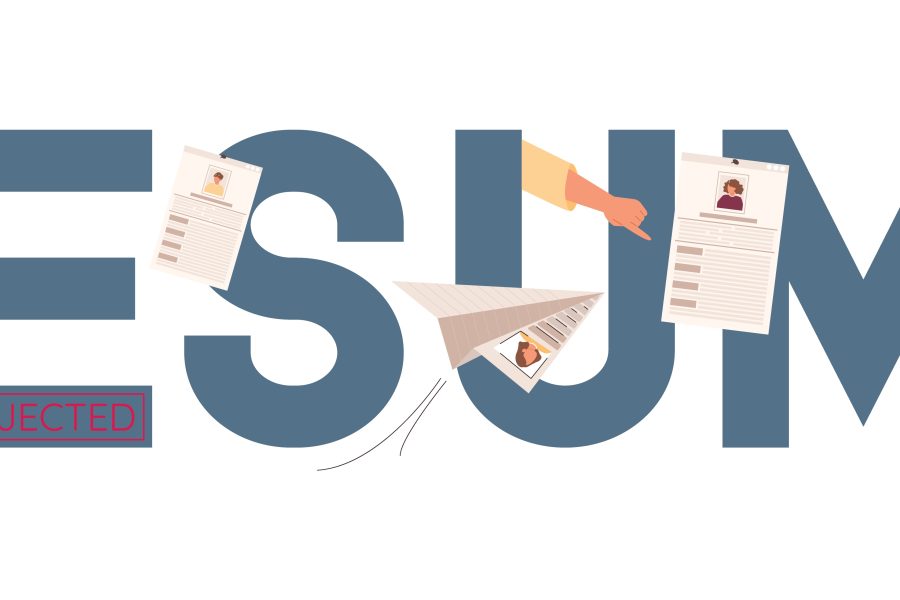By [ Toluwani Akano ]
Entrepreneurship is no longer just about starting a business — it’s about building movements, shaping industries, and reimagining the future. As we step into 2025, we’re witnessing the rise of a new kind of founder: data-literate, impact-driven, community-focused, and relentlessly adaptive.
This article explores the top trends shaping entrepreneurship in 2025 — not the surface-level buzzwords, but the deep shifts that every serious builder, investor, and changemaker should be watching.
1. From Products to Ecosystems
In 2025, launching a product isn’t enough. Today’s most successful entrepreneurs are building ecosystems — interconnected platforms that create value for multiple stakeholders at once. Whether it’s Apple’s hardware/software/services triangle or African fintechs combining wallets, lending, and merchant tools, the lesson is clear: scale comes from synergy.
For new founders, the opportunity lies in designing ventures that solve interdependent problems across industries — think agri-tech + logistics, or healthcare + AI diagnostics. The more touchpoints you create, the more indispensable you become.
2. AI-Native Businesses Take Center Stage
It’s not about “using AI” — it’s about being AI.
Entrepreneurs in 2025 are building businesses that are AI-native from day one. From customer service bots that learn in real time to co-pilot tools for professionals, the best startups aren’t treating AI as a bolt-on feature — they’re architecting their entire model around it.
But the edge isn’t just in coding. The true skill is in prompt design, ethical deployment, and user trust. A startup that understands its AI’s biases and mitigates them early will go further than one that moves fast and breaks things.
3. Mission > Monetization
Today’s customers (especially Gen Z and Alpha) want to buy from brands that mean something.
Founders who bake purpose into their business model — whether it’s through climate impact, social equity, or digital wellness — will attract more loyal users, top-tier talent, and investor goodwill. It’s not just good ethics; it’s good economics.
Case in point: startups like Olio (reducing food waste) or Bumpa (empowering African SMEs) are proving that mission-first models can scale — especially when the mission is personal to the founder.
4. Micro-Founding & Solo Startups Are Mainstream
With no-code tools, fractional teams, and global platforms, a single person can now build what used to require a 20-person team. The age of the “Solo Founder 2.0” is here — a hybrid of operator, creator, and community builder.
From newsletters to AI SaaS tools to niche marketplaces, solopreneurs are launching 6-figure ventures without VC funding. The power? Agility, authenticity, and ownership.
For early-career entrepreneurs or those without access to capital, this is a massive unlock. It’s no longer about who you know — it’s about what you can build by yourself.
5. Community is the New Capital
Your users aren’t just customers — they’re collaborators, marketers, and investors.
Startups that embed community into their DNA — via private groups, feedback loops, early-access programs, or tokenized incentives — are winning not just growth, but resilience. When the economy shifts, it’s your community that carries you.
The smartest founders in 2025 aren’t just building user bases — they’re building tribes.
6. Remote-First Talent Models Are Evolving
Remote work isn’t a perk — it’s the default. But 2025 founders aren’t just managing virtual teams; they’re building global micro-armies of freelancers, partners, and consultants across time zones.
With platforms like Deel, Remote, and Notion, location-agnostic businesses are now fully viable from day one. What matters is clarity, communication, and outcome ownership — not clocking in at 9.
The smartest founders are investing in async workflows, shared KPIs, and cultural rituals to make distance an asset, not a disadvantage.
7. Africa & Emerging Markets Are Rising Fast
The next unicorns are coming from Lagos, Nairobi, and Dhaka — not just Silicon Valley.
In 2025, entrepreneurship in emerging markets isn’t about copying Western models — it’s about innovating from the ground up. Building for the informal economy, mobile-first users, and communities underserved by legacy systems.
The rise of local-first, global-ready ventures is becoming the norm. If you’re not watching what’s happening in Africa, LATAM, or Southeast Asia, you’re already behind.
Conclusion: The Founder of 2025 is a Builder, Storyteller, and Systems Thinker
To thrive in 2025, entrepreneurs need more than a pitch deck and a dream. You need empathy, literacy, and resilience.
You need to know how to build for real people, use emerging tools without losing your soul, and rally communities behind a vision that’s bigger than just profit.
This is not a soft era. It’s not easy. But it is an extraordinary time to build.
Welcome to the age of meaningful entrepreneurship.
Turn your hustle into a story that opens doors → FinezCV.com




